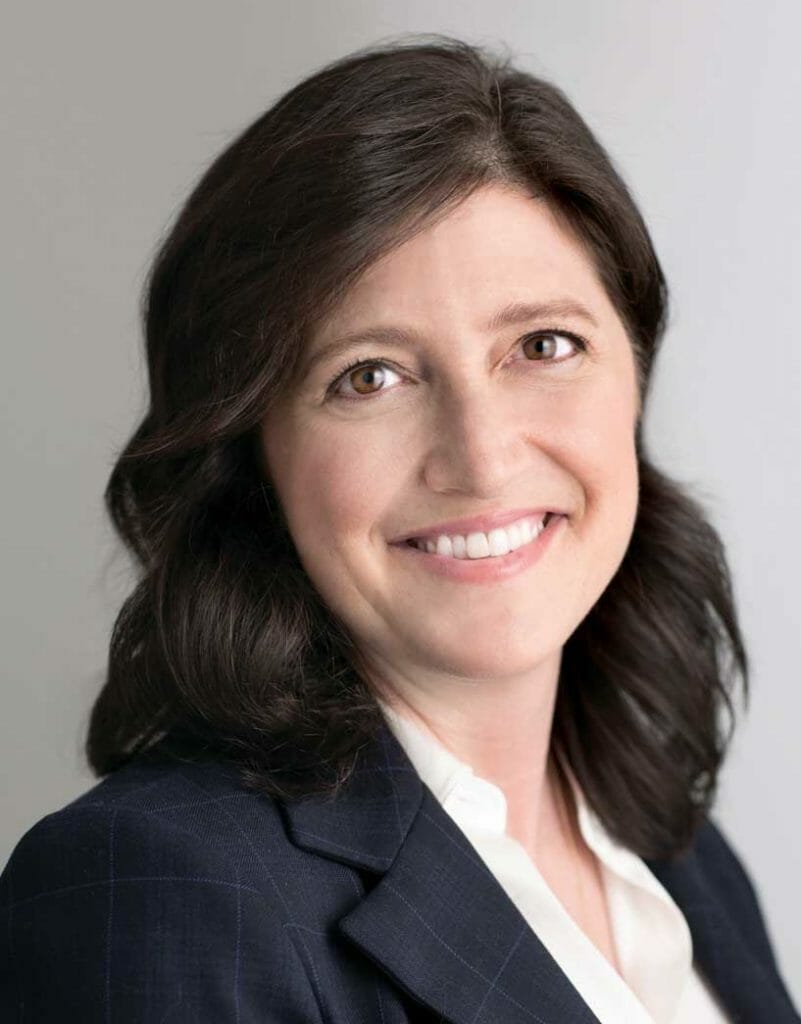October 13, 2022 - In partnership with Deal Catalyst, yesterday the LSTA co-hosted the third and final leg of a Three-City CLO Roadshow. Panels focused on ESG in CLOs, as well as emergent technologies to make CLOs more efficient.
The afternoon kicked off with the “Measuring ESG for CLOs” session, moderated by Stephanie Mah (DBRS Morningstar) and showcasing the diverse perspectives of Mahesh Assomull (MUFG), Derek Miller (Fitch Ratings), Mickey Weatherston (Churchill Asset Management) and Tess Virmani (LSTA). The session began with a look at how regulatory developments in Europe and the US, together with increasing ESG sophistication of European and Asian investors, is causing CLOs to increasingly grapple with ESG issues. Lists of prohibited industries in CLO indentures are getting longer and more frequent, with emphasis on thermal coal, nuclear and controversial weapons, and payday lending at the top of those lists. This negative screening approach – ESG 1.0 as dubbed by the panelists – is the most basic form of ESG integration. It was observed that few of the common prohibited industries are represented in the leveraged loan market. While exclusionary policies are not expected to become less prevalent, market participants are moving toward ESG 2.0 – positive ESG integration in CLOs. It is very early days, but recent CLO indentures have included ESG ratings of CLO collateral based on managers’ internal ratings methodologies, however they have stopped short of including remediation such as forced sales for non-compliance. Underpinning all of these developments and potential innovation is a need for broader and more robust ESG data coverage of private companies. The ESG Integrated Disclosure Project is designed to address this challenge by harmonizing ESG data requests posed to borrowers and enabling standardized ESG reporting. The Project and Integrated Disclosure Template are now close to launch. As one of the three organizations spearheading the project, the LSTA will be providing members with related updates in the next few weeks.
After ESG, the afternoon turned to the Evolution of the CLO Ecosystem “from Cradle to Grave” from a Tech, Ops and Trading perspective. We all know that there are some inefficiencies (and opportunities!) in the asset class. This panel, moderated by Lisa Schneider (LSTA), featured unique perspectives (and pain points!) from David Trepanier (BofA), Brian Goldberg (Shenkman Capital Management) and Brian Bejile (Octaura). In particular, they pondered the new tools, such as platforms like Octaura, that could transform the CLO market and how it would improve liquidity and transparency. These changes will impact CLO secondary market in part by vastly reducing the amount of time needed to transact on a BWIC. Instead of 3-4 hours, it could be completed within 15 minutes, thereby freeing up not only human resources but also capital that could be deployed elsewhere rather than being tied up awaiting BWIC results. Looking forward, the panelists all agreed that collaboration among the dealer community will be critical in supporting these new platforms and working together toward a more efficient market for everyone. (And then it was time for CLO-toberfest!)
The LSTA and DealCatalyst have hosted three CLO roadshows and one Middle Market CLO/Direct Lending Conference in 2022. And we’re just getting started! Join us next year as we host the 2023 Middle Market & Direct Lending Conference in Fort Lauderdale in April and the 2023 CLO Industry Conference in May in NYC!







